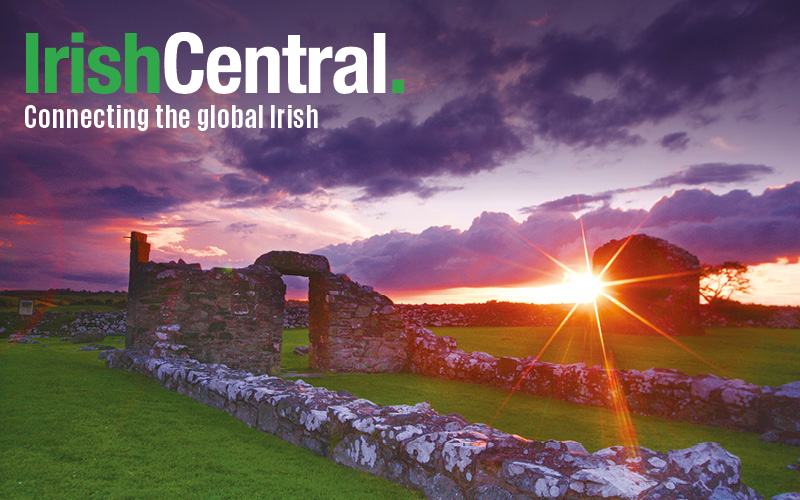In a couple of hours from now I am heading up North to spend a night in Arney Hall in my birth parish of Fermanagh for the first time in about 40 years.
I am as excited as a child about that and will report fully to you all in due course about the impact of what is certain to be a very special evening on the home ground I departed from in my teens so long ago now.
I left the parish happily, let it be said, because I was among the fortunate few young minority Catholic/Nationalists able to secure my future in the Republic which we always called the Free State. I will return to the little hilltop parish hall in Arney with just as much joy and anticipation.
I think I briefly mentioned to ye a couple of weeks ago that I'd been invited home because of the visit to the parish which he made internationally famed of the distinguished folklorist and ethnologist Professor Henry Glassie, recently retired from the Folklore Department chair at Indiana University.
As a keen young folklorist, you see, he came to our Arney parish beside the Erne in the late sixties and early seventies and lived, at least for some time, in a small caravan among the plain people of a plain parish and, in a masterful fashion, recorded their customs and practices and lifestyles and folklore. This material glowed in his series of books in the Ballymenone series.
It is said that no other social scientist or folklorist has ever covered such complex ground better than he did, and the locals have always since felt especially honored and celebrated at the way in which he recorded the realities of the decent generations now gone to God.
Professor Glassie has been visiting Ireland recently and was glad to accept an invitation to come and speak and listen in Arney and Cleenish and Belnaleck again.
I had a quick online scan of some of his online Ballymenone material last night and it was quite an experience for me. You see, as a child assistant to my father in our small country shop in the fifties I actually knew very well, as incoming customers, many of the local men and women used as sources by the visiting folklorist.
Strange to see their names in print and to read fragments of the stories of such as Pee Flanagan and Mick Boyle and Hugh Nolan and Ellen Cutler and many more.
I made mental connections again, such as the one that it was Flanagan the fiddler and whistler who taught my brother Cathal his first whistle tunes and accordingly launched him down a merry musical road with the folk band the Boys of the Lough that brought him worldwide via venues like the Carnegie Hall and the Great Wall of China, far, far away from the barony of Ballymenone.
As I said I will tell ye all about my trip to my real homeland later, but there is one element of what will happen which I can forecast accurately already, and it intrigues me always. It is the way in which I will effortlessly, unconsciously and naturally switch back into the rich and rare home dialect inside the first three minutes after arrival.
Having been away so long, having had to modulate my sharp Fermanagh accent over the decades to such demands as reading stories down poor quality telephone lines and, later, working on radio and TV for a time, it is going to be such a joy again to slip into my very best language again, the one I could never use in the Deep South because, frankly, nobody would understand the width and depth and nuances of it.
I will be back home again for a night in an old parish where cubs were cubs and cutties were cutties, where you get a gunk instead of a shock, where there were haverals and croils and witteridges ye would know nothing about, where I will speak far faster than I ever do in Clare or in all my years in Galway.
And where I know already, for one long summer night, I will be happy beyond words, of any dialect. I promise to tell ye all about it when I get back.




Comments